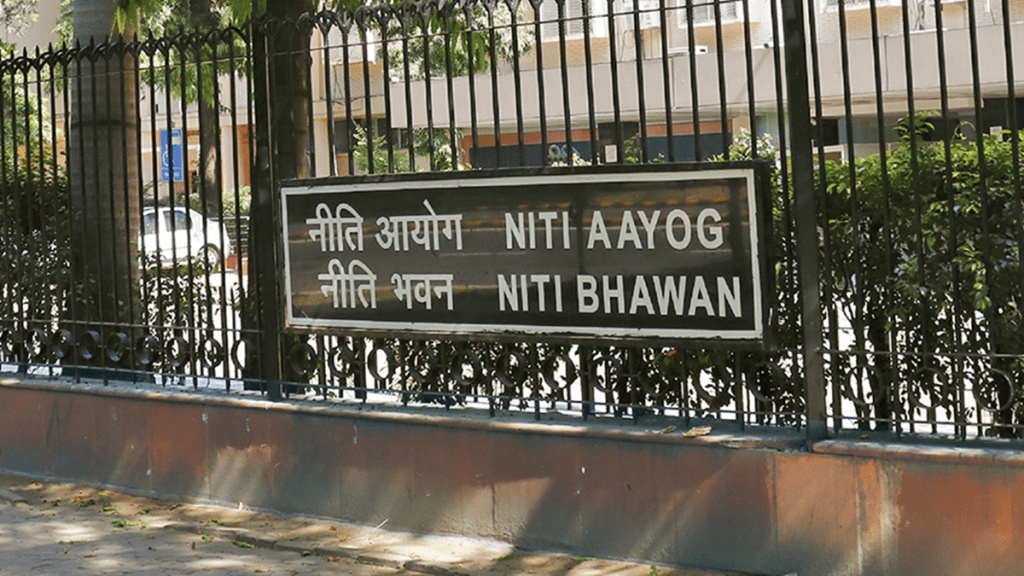Policy think tank NITI Aayog on Friday released a report to suggest a host of measures around finance, skilling, technology development, cluster development to boost the competitiveness of MSMEs. The report Enhancing the Competitiveness of MSMEs in India called for bringing the Credit Guarantee Fund Trust for Micro and Small Enterprises (CGTMSE), which operates the collateral-free credit guarantee scheme, under a “robust regulatory authority”.
The report said the trust managing the CGTMSE fund lacks regulatory authority and oversight in its operations, governance, and access to state-owned funds. “The absence of the desired level of regulatory oversight at CGTMSE leads to challenges in balancing fund availability with financial discipline.”
NITI Aayog also suggested reducing CGTMSE premium rates to increase its adoption by MSEs which often struggle to afford higher premiums. Rates, also known as annual guarantee fee, are levied on lenders for the guarantee provided to mitigate their risk in case of loan defaults.
NITI Aayog added that the CGTMSE guarantee coverage should be increased to 100 per cent for businesses led by women to boost women entrepreneurship. The coverage was increased to 90 per cent in September last year.
Apart from CGTMSE, the report also suggested better on-lending structures and the provision of lower-rate wholesale funding to NBFCs as their borrowing costs from banks are typically high due to collateral requirements and risk premiums, making it challenging for them to offer competitive interest rates to MSMEs.
NITI Aayog suggested to further scale SIDBI’s role to directly invest in smaller NBFCs in order to improving the latter’s governance, operational capacity, and access to affordable funds.
Another recommendation involved reinstating earlier norms under Priority Sector Lending (PSL), allowing bank loans extended to NBFCs for further lending to MSMEs to be classified as indirect finance to MSMEs.
“This would incentivize banks to support NBFCs, especially when combined with credit insurance schemes by IRDAI that could mitigate NBFCs’ risk perceptions and encourage the flow of credit to micro-enterprises. In combination, these reforms aim to strengthen the credit ecosystem for MSMEs and promote financial inclusivity,” the report said.
For skilling-related needs of MSMEs including vocational or technical training, the report underscored the need for forging partnerships between government bodies, educational institutions, and industries for shorter, flexible programs, that meet the evolving needs of MSMEs.
Further, cost-sharing or grant-based models to subsidize the costs of training and technology adoption for micro-enterprises can go a long way in encouraging widespread participation.”

